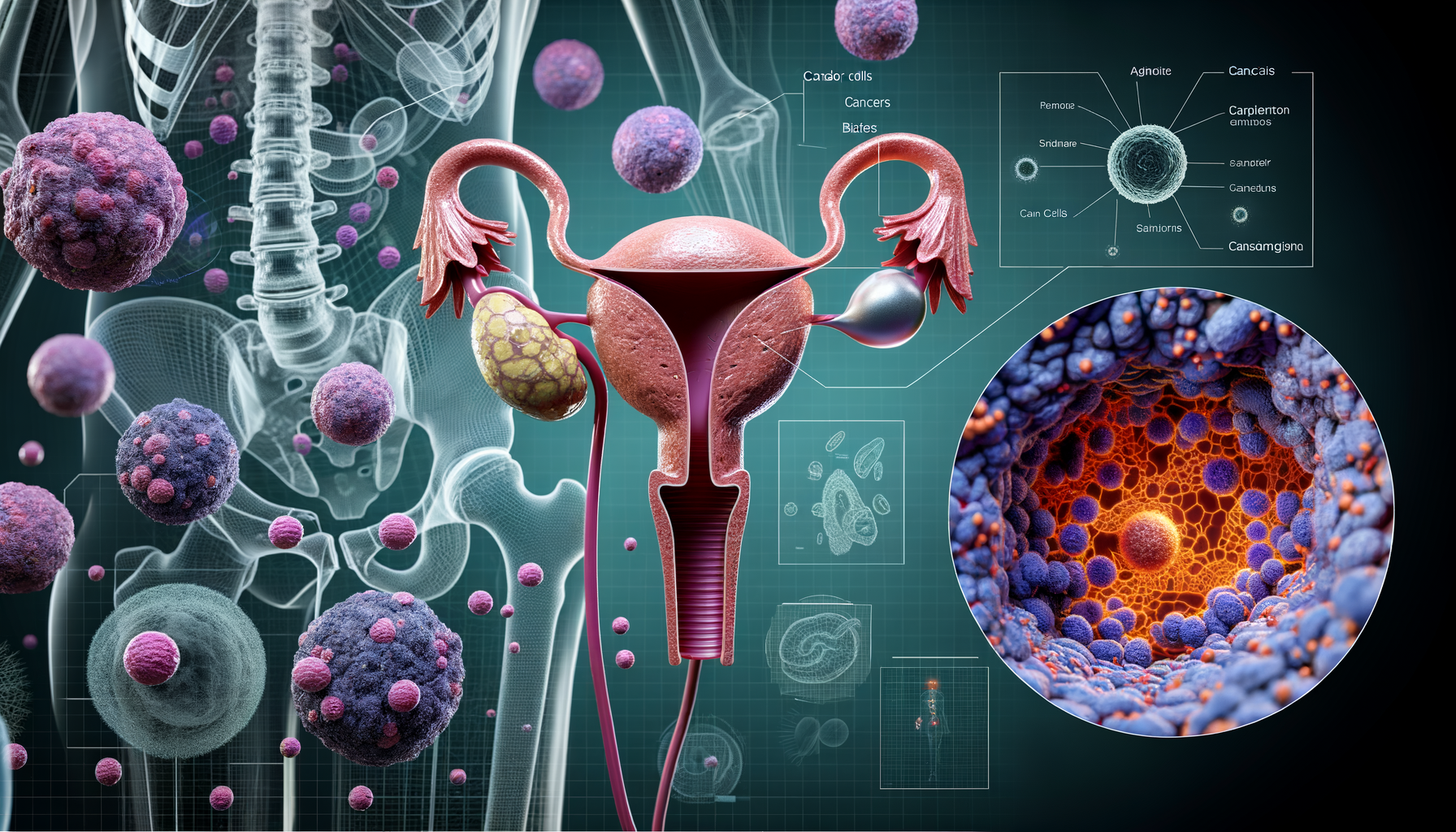Understanding Bladder Cancer in Women
Bladder cancer is a condition that affects the bladder’s lining and can present in various forms, from superficial to invasive. While it is more common in men, women are not immune, and the disease can often be more advanced when diagnosed in females. This discrepancy is partly due to the subtlety of symptoms and the tendency to misinterpret them as less serious issues, such as urinary tract infections.
Women need to be aware of the potential signs of bladder cancer to seek timely medical advice. Early detection can significantly improve treatment outcomes and quality of life. Bladder cancer in women is often underdiagnosed because the symptoms can mimic other common conditions. Understanding these signs is the first step in advocating for one’s health.
Key symptoms to watch for include blood in the urine, frequent urination, and a persistent urge to urinate. However, these signs are not exclusive to bladder cancer, which is why they are often misattributed. Women should consult healthcare professionals if they notice persistent symptoms, particularly if they do not resolve with standard treatments for common urinary issues.
Subtle Symptoms Often Overlooked
Bladder cancer symptoms can be subtle and easily missed, especially in the early stages. One of the most common signs is the presence of blood in the urine, which might not always be visible to the naked eye. This condition is known as microscopic hematuria and requires medical tests for detection. Women may not notice this symptom until it becomes more pronounced, which can delay diagnosis.
Other unexpected signs include changes in urinary habits, such as increased frequency, urgency, or pain during urination. These symptoms are frequently mistaken for urinary tract infections, leading to inappropriate treatments that do not address the underlying cancer. Persistent urinary issues that do not resolve with antibiotics should be further investigated.
Fatigue and unexplained weight loss can also be indicators of bladder cancer. These symptoms are often generalized and can be attributed to various health issues, making them easy to overlook. However, when they occur alongside urinary symptoms, they warrant a closer examination by a healthcare professional.
Importance of Early Detection and Consultation
Early detection of bladder cancer is crucial for effective treatment and improved prognosis. Women who experience persistent urinary symptoms should seek medical advice, particularly if they have risk factors such as smoking or a family history of cancer. A thorough examination, including urine tests and imaging, can help identify bladder cancer at an earlier stage.
Consulting with a healthcare provider about unusual symptoms is essential. Women should not hesitate to discuss any changes in their urinary habits or other concerning symptoms with their doctor. Open communication with healthcare professionals can lead to timely investigations and potentially lifesaving interventions.
Preventive measures and regular check-ups are also vital. Women should be proactive in monitoring their health and advocating for themselves in medical settings. Awareness of bladder cancer symptoms and understanding the importance of early detection can empower women to take charge of their health and seek the care they need.




Leave a Reply